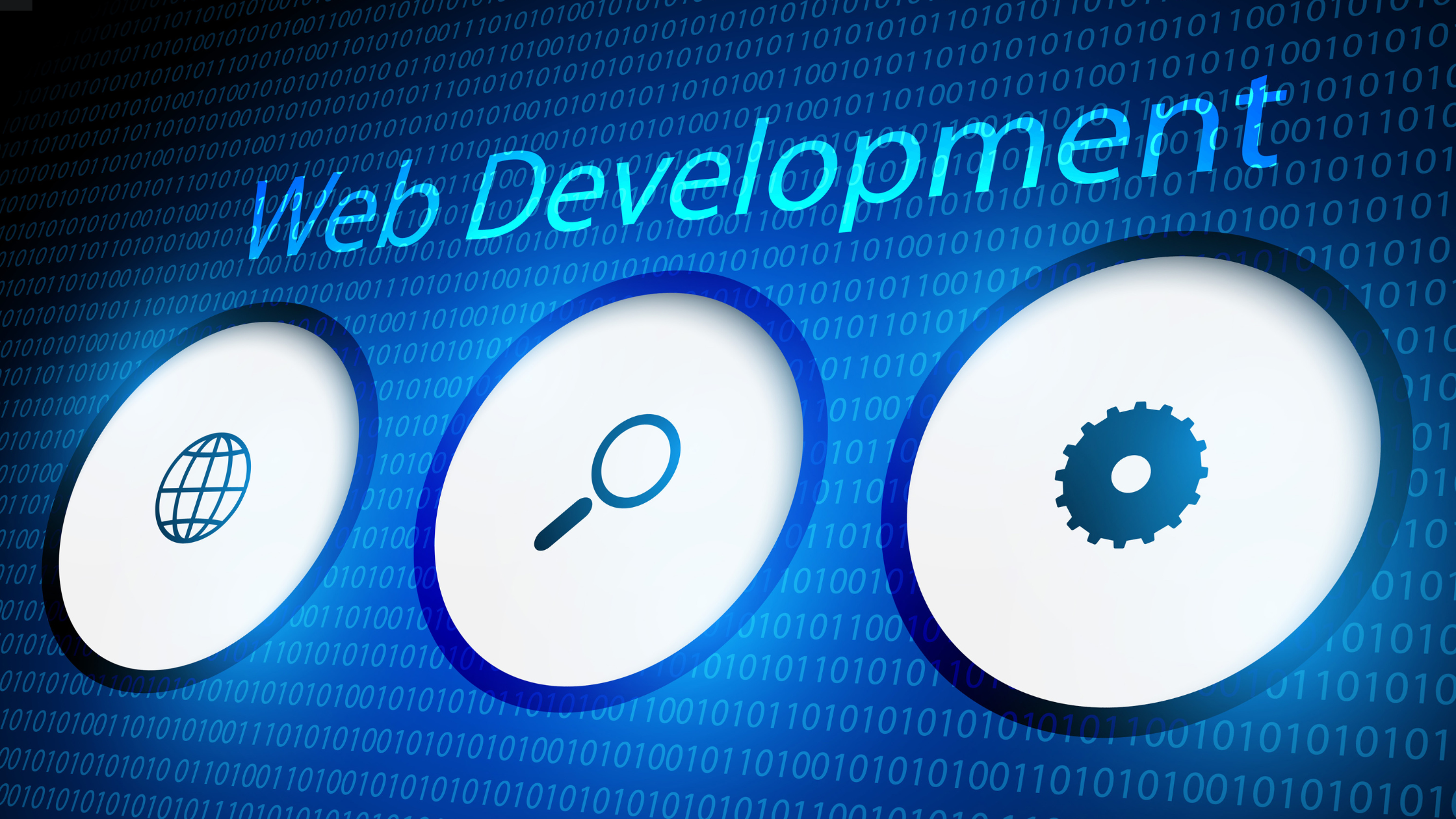Summary:
In a competitive digital landscape, enterprises need more than generic tools to stay ahead. This blog explores how custom plugin development empowers businesses to build tailored, secure, and scalable solutions that align with their unique workflows. From improved performance to seamless integrations and regulatory compliance, custom plugins are a critical component of modern web development for enterprise success.
Think your enterprise platform is already ticking all the boxes speed, security, and scalability? Now, take a closer look. Are you still depending on generic, off-the-shelf plugins to handle your most critical features? That’s like driving a high-end sports car with stock tires not exactly built for performance. Sounds limiting, right?
In today’s fast-paced digital environment, enterprises need more than just a robust website; they need a fully tailored digital ecosystem. And that’s exactly where custom plugin development comes into play.
Whether it’s an eCommerce platform, healthcare portal, or a SaaS dashboard, out-of-the-box solutions often fall short of enterprise demands. Let’s explore why custom plugin development is not just a nice-to-have but a necessity in modern web development for enterprises.
What Is Custom Plugin Development?
A plugin is like a power-up for your website: it adds features, boosts performance, or extends integrations without altering the core system. But not all plugins are created equal.
While ready-made plugins are quick to install, they’re often generic, built to serve a wide audience. Custom plugin development, on the other hand, is about designing functionality that fits your business like a glove. It’s tailor-made to align with your workflows, industry needs, and long-term tech strategy.
From advanced analytics to role-based access or even HIPAA compliance features, custom plugins are purpose-built solutions designed for scale.
Why do Enterprises Need Custom Plugin Development?

Let’s take the healthcare industry as an example. Handling sensitive patient data, meeting regulatory compliance, and ensuring secure user authentication are non-negotiable. Off-the-shelf plugins? They might help with one of those. But rarely all.
Here’s why enterprises can’t rely solely on pre-built solutions:
1. Unique Business Logic
Every enterprise operates differently. Your workflows, data structures, and compliance rules are unique. Custom plugins allow you to encode that business logic directly into your web platform without forcing workarounds.
2. Security & Compliance
Enterprise platforms handle massive amounts of sensitive data. Generic plugins may expose vulnerabilities or fail to meet regulatory standards like GDPR or HIPAA. Custom development allows you to build with security-first principles.
3. Performance Optimization
Bloated plugins slow down your website. Custom plugins are lean and built only with the features you need—resulting in faster load times, better UX, and improved SEO performance.
4. Seamless Integration with Legacy Systems
Enterprises often use legacy tools or internal systems that aren’t supported by default plugins. Custom plugin development ensures your web platform integrates smoothly with CRMs, ERPs, or proprietary APIs.
5. Scalability and Future-Readiness
Your digital needs today will evolve. A custom plugin can be built with scalability in mind modular, extensible, and ready for version updates.
Benefits Beyond Features
Let’s look at how custom plugin development impacts broader business goals:
- Cost Efficiency Over Time: Initial investment might be higher than a free plugin, but reduced maintenance and fewer workarounds mean long-term ROI.
- Fewer Conflicts: Off-the-shelf plugins can break during CMS or framework updates. Custom plugins are maintained and version-controlled as per your roadmap.
- Improved Data Ownership: Build only what’s necessary. No unwanted third-party tracking or unnecessary data sharing.
Challenges to Be Aware Of
Of course, building custom plugins isn’t plug-and-play. Here are a few considerations:
- Requires Technical Expertise: Custom plugin development should be handled by experienced developers who understand both backend architecture and your business domain.
- Testing & QA is Crucial: Plugins interact with multiple parts of your platform. Robust testing is essential to ensure smooth operation.
- Maintenance & Documentation: Like any product, it needs updates and clear documentation for your internal tech team to manage.
But when done right, these challenges are easily outweighed by the long-term benefits.
When Should You Choose Custom Plugin Development?
Here’s a quick checklist. If your answer is yes to any of these, it’s time to go custom:
- Do you need deep integration with internal tools or third-party platforms?
- Do you require specific workflows that standard tools don’t support?
- Is security or compliance a top concern?
- Do off-the-shelf plugins slow down your site or break frequently?
If so, building your own plugin can help streamline operations, reduce tech debt, and deliver better performance.
Conclusion
Enterprises today need digital platforms that don’t just function they need to lead, scale, and evolve. Custom plugin development empowers businesses to create truly tailored digital experiences that align with their unique processes, goals, and users.
Whether you’re in healthcare, retail, finance, or SaaS custom web development and plugins offer the flexibility and power your enterprise needs to stay ahead.
Ready to Build for the Future?
Let’s talk about building scalable, secure, and performance-driven web solutions with custom plugins tailored to your enterprise needs.
To Know more: www.diginnovators.com/services







